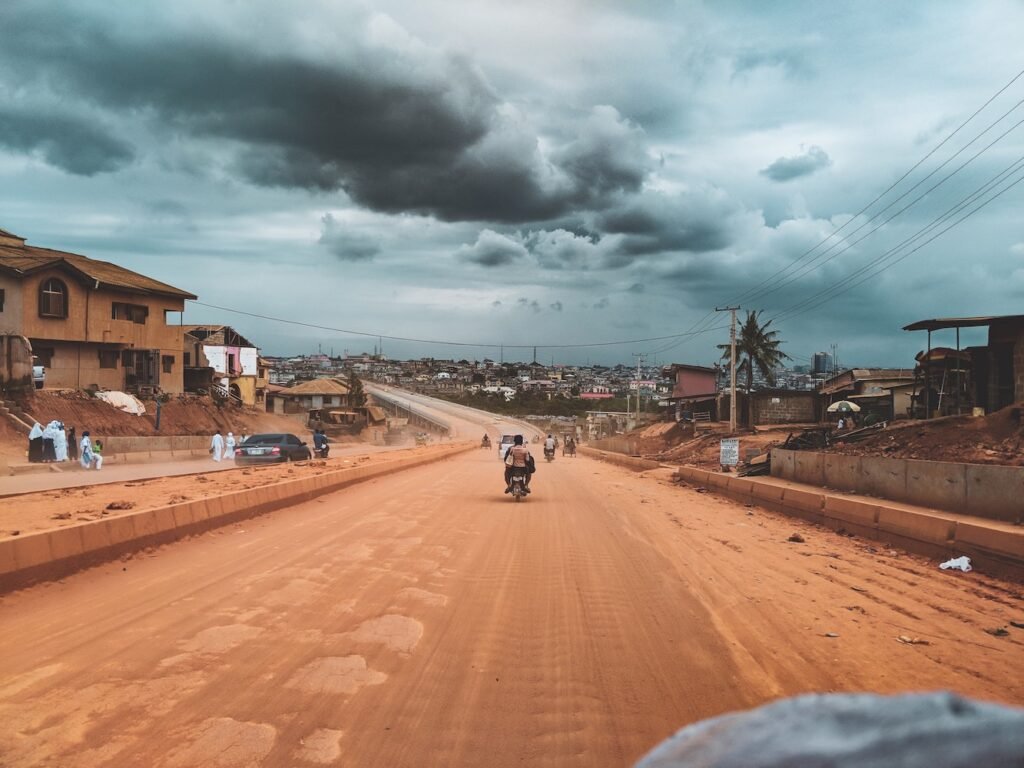• The country lies at a critical juncture – Covid-19 challenges aside, climate change is creeping into the country’s physical geography in the north and south;
• With 200 million people, the country holds half of West Africa’s population and is the most populous country in Africa;
• Its federal system allows for some experimentation, pockets of progress and opportunities to showcase positive change with good policies, accountability and leadership, and possibilities to scale;

Why Scenarios?
Scenarios are used to create “memories of the future”. Initially launched by Shell in the early 1970s, they have inspired, educated, and pushed the boundaries of what is possible.
Governments have also created scenarios, but frankly, given the short-termism and the rapid turnover of ministers in many cabinets, most scenarios are buried in piles of paper or inboxes, their potential untapped. Subsequent governments feel no ownership to pick up a previous government’s initiative.
Why Scenarios and Citizens?
The private sector and governments have a near-monopoly on scenarios, which focus largely on economic considerations. While the private sector has its profit-driven agenda, many governments and ministers are in power for only several years, making continuity in scenario thinking virtually impossible.
Citizen scenarios would allow alternative organisations to enter the traditional area of scenarios, offering alternative viewpoints, backed with examples from other countries, and most importantly own them into the future.
Only a sustained effort, with radical accountability and follow-up, will yield results. There has been a number of governance initiatives, which have made some improvements, but the problem needs a massive push.
A vision alone won’t do it. A vision, with a strong serving of intergenerational interchange, a sustainably financed process, and a neutral (and very frank) examination of progress is, in our view, the only real hope for sustainable change.